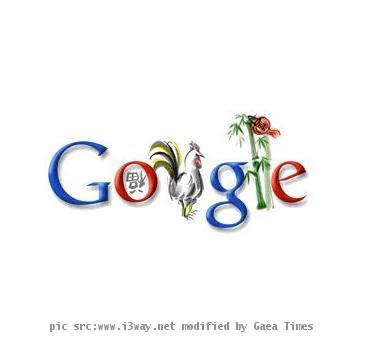Google CEO reassures shareholders about China, jabs at Apple and smart phone makers
By Michael Liedtke, APThursday, May 13, 2010
Google CEO discusses China, mobile at meeting
SAN FRANCISCO — Google Inc. CEO Eric Schmidt seems more interested in keeping the peace with China than with Apple Inc. and other rivals in the rapidly growing smart phone market.
At least that’s how it sounded Thursday during Google’s annual shareholder meeting, where Schmidt spoke with a diplomat’s restraint while discussing the Internet search leader’s tenuous position in China. He was less circumspect discussing Google’s intensifying battle with Apple in the mobile market.
Google sparred with China’s leaders for two months before finding a way to stop censoring its search results in the country without abandoning one of the Internet’s key markets. Since late March, Google has been redirecting search requests from mainland China to Hong Kong. That part of China isn’t governed by the same restrictions.
Although some investors had worried the decision would hobble Google’s remaining business in China, Schmidt said Thursday the situation “seems to be stable.” He cautioned things could change quickly if China’s government becomes more antagonistic.
In earlier remarks, Schmidt jabbed at Apple and other phone makers that keep tightfisted control over their devices.
While boasting about Google’s recent gains in the mobile phone market, Schmidt stressed that the company is eager work with all software developers and device manufacturers who want to use its Android operating system. The open attitude “is inverse to the competition,” Schmidt said. “If they say no, we say yes.”
Apple, in particular, has come under recent criticism for requiring software developers to use its programming tools to create applications for the iPhone and iPad. U.S. regulators plan to examine whether Apple’s restrictions violate antitrust laws.
The tensions between Google and Apple have been growing as they compete to sell mobile devices, services and advertising.
The duel has fractured a once-cordial relationship that gained Schmidt a seat on Apple’s board for three years. Schmidt resigned last summer as it became clearer that Google and Apple were on a collision course.
Although more iPhones are in the hands of consumers, Android devices are catching up. Android powered 28 percent of the smart phones shipped in the U.S. during the first quarter, trailing only the BlackBerry at 36 percent, according to researcher NPD Group. The iPhone ranked third at 21 percent.
In an attempt to make more money on mobile phones, Google is trying to buy mobile ad service AdMob for $750 million. The Federal Trade Commission has spent several months investigating whether the deal would thwart competition in the mobile advertising market, and could still take legal action to block the acquisition.
A shareholder asked Schmidt to verify a media report that Google will have to pay AdMob a $700 million termination fee if the deal falls through. Schmidt declined to discuss the potential “kill” fee because he believes Google’s AdMob purchase will be approved.
Shareholders had little to gripe about at Thursday’s meeting because Google’s earnings have been rising throughout the recession and its stock price has climbed by nearly 30 percent since last year’s meeting. The shares closed Thursday at $510.88, up $5.14.
“All is well after a year of great tumult,” Schmidt said.
Tags: Asia, China, Computing And Information Technology, East Asia, Greater China, Ipad, North America, San Francisco, Software, United States

